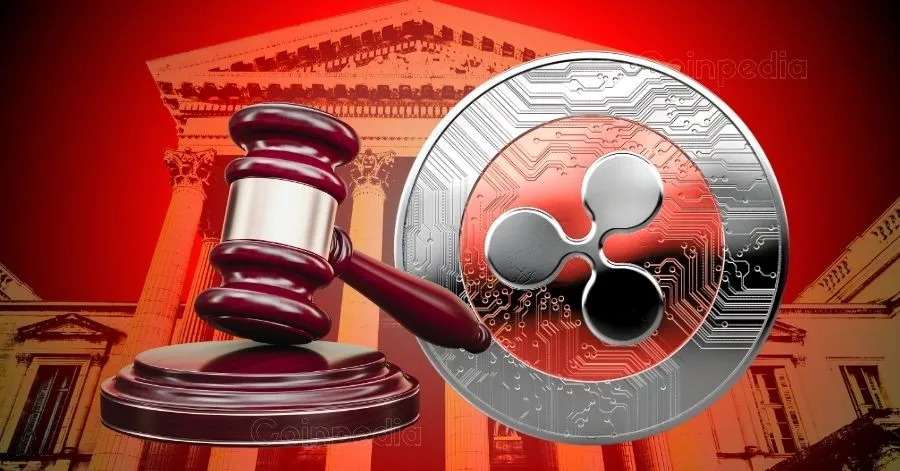
The courtroom drama between Ripple Labs and the U.S. SEC took another unexpected turn as Judge Analisa Torres denied a joint request from both parties due to a procedural misstep. Although Ripple and the SEC were close to settling, they used the wrong legal rule in their filing.
This mistake now sends them back to fix it, and legal expert Bill Morgan says it could seriously affect the whole settlement. Ripple has now officially asked the court for an indicative ruling under Rule 62.1 and relief from final judgment under Rule 60(b).
Morgan highlighted that the original settlement agreement referenced Rule 62.1, which allows courts to provide an indicative ruling when a case is on appeal. However, before that, you must understand what it all means. Rule 60 is for asking a judge to change or cancel a final judgment.
It’s used when both sides want to undo something the court has already decided. Rule 62.1 is for when the case is already on appeal — the judge can’t act, but can say what they would do if the case came back.
In the present scenario, with Judge Torres denying that motion, the question becomes whether Ripple and the SEC can now pivot and refile under Rule 60, which permits a court to relieve a party from a final judgment under exceptional circumstances.
One of the most important issues Morgan pointed out is whether a new motion under Rule 60 would require another vote from the five SEC commissioners. The previous vote specifically approved a process using Rule 62.1. If the legal path changes, Morgan suggests it’s unclear whether the original vote still holds or if a fresh round of approval is needed from the commission.
Morgan also questions whether the failure to get an indicative ruling under Rule 62.1 fundamentally disrupts the settlement. While the agreement’s operative clauses are tied to the recitals, which describe the overall terms, there’s no clear backup plan in the event the Rule 62.1 motion fails. Moreover, this raises doubts about whether the settlement can proceed at all without rewriting or renegotiating key parts.
Lastly, Morgan doubts that experienced attorneys on both sides simply forgot about Rule 60. He suggests they may have chosen Rule 62.1 on purpose to avoid the tougher task of proving “exceptional circumstances,” which Rule 60 demands.
In short, while Ripple and the SEC seem ready to move toward settlement, Judge Torres has made it clear they must follow the rules closely, and that could complicate the road ahead.
Possibly. Since the SEC originally approved using Rule 62.1, a Rule 60 refiling might need a fresh commissioner vote.
Yes, the failed motion under Rule 62.1 may force renegotiation or delay the settlement entirely.
Block Inc. (NYSE: XYZ), an American tech company founded by Jack Dorsey and best known…
After passing the final House vote on Thursday, the GENIUS Act was enacted into law…
21Shares, a veteran crypto investment company with more than $11 billion in assets under management…
A major shift is underway at the SEC, as it is stepping away from surprise…
XRP had a wild ride this week, reaching a new all-time high of $3.65 before…
Back in 2021, few investors imagined that Shiba Inu (SHIB), a joke token with an…